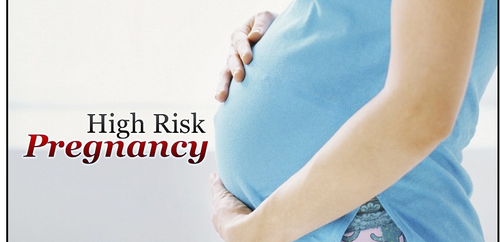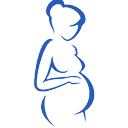High-Risk Pregnancy Management
A “high-risk” pregnancy means a woman has one or more things that raise her — or her baby’s — chances for health problems or preterm (early) delivery. A woman’s pregnancy might be considered high risk if she: is age 17 or younger. is age 35 or older. was underweight or overweight before becoming pregnant.
A high-risk pregnancy is one in which either the mother or the fetus has a high risk of death or disability as a consequence of one or more conditions that complicate the normal pregnancy process.
Do and don'ts of high risk pregnancy?
Do and don'ts of high risk pregnancy?
The usual lifestyle dos and don'ts that are recommended for any pregnancy can also benefit your and baby's health during a high-risk pregnancy. You know the drill: Get enough sleep, eat a healthy and varied diet, exercise regularly, and avoid smoking and drinking. Manage your health.
During which trimester is the fetus at greatest risk?
During which trimester is the fetus at greatest risk?
The fetus is most vulnerable during the first 12 weeks. During this period of time, all of the major organs and body systems are forming and can be damaged if the fetus is exposed to drugs, infectious agents, radiation, certain medications, tobacco and toxic substances.



